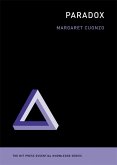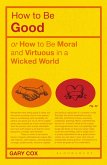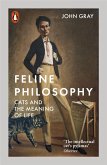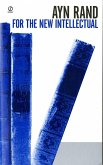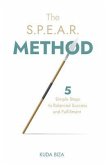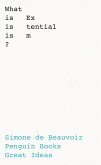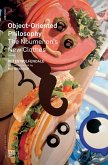Dieser Download kann aus rechtlichen Gründen nur mit Rechnungsadresse in A, B, BG, CY, CZ, D, DK, EW, E, FIN, F, GR, HR, H, IRL, I, LT, L, LR, M, NL, PL, P, R, S, SLO, SK ausgeliefert werden.
An anthology of philosophical and religious approaches to the question How ought I to live? may sound like heavy going, but the editors have chosen contributors who are able to present the views they favor in a style that is not only clear and informative, but in many cases, entertaining as well. This is an excellent introduction to the field of philosophies of life. Peter Singer, author of The Most Good You Can Do
Philosophy professors Pigliucci, Cleary, and Kaufman deliver on their goal of providing a glimpse of how the world looks through [the] respective lenses of 15 major philosophies in this anthology featuring an impressive array of contributors. . . . Readers interested in thinking more about their life-choices and options for change will be grateful for this practical guide to, as the authors write in their conclusion, the possibilities to learn from, ponder, and perhaps adopt. Publishers Weekly
How to Live a Good Life is a fascinating and practical guide. I would happily lend you my copy, but it s too filled with underlinings and scribbles in the margins to be legible. A. J. Jacobs, author of The Year of Living Biblically
Philosophies and religions are sometimes more than just dogmas or points to be argued. They can also be daily practices which help you in the most difficult moments of your life. This book explores some of the greatest ethical paths humans have walked, including both ancient, modern, and non-western routes to wisdom. Highly recommended. Jules Evans, author of Philosophy for Life and Other Dangerous Situations
Everyone will have something to learn from this book, whether you are seeking guidance on living a good life, or have already dedicated yourself to a school or tradition. Secular humanists can learn about Daoism, Progressive Muslims can learn about Existentialism, Confucians can learn about Ancient Greek wisdom. Those looking to seek an examined life and those looking to learn about how other coherent systems of values work will find this book illuminating. With accessible storytelling as well as scholarly rigor, the editors have put together a truly inclusive edition that covers the central tenets of living well bestowed on us by the most prominent traditions in moral philosophy and religion. Barry Lam, creator of Hi-Phi Nation and associate professor of philosophy at Vassar College



